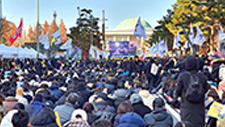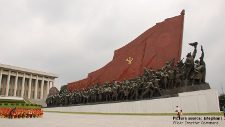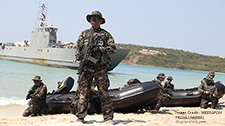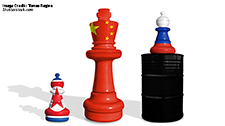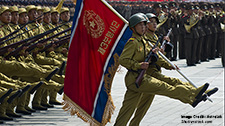How Will the Ukraine War Affect the Korean Peninsula?
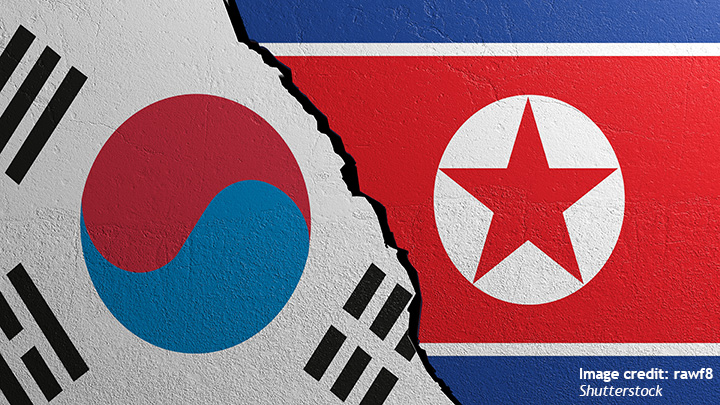
Mitch Shin
Introduction:
The arms race on the Korean Peninsula will linger following the Ukraine crisis. North Korea tested a cruise missile as part of an effort to develop its reconnaissance satellite system on February 27; it may conduct more satellite launches in the coming weeks while U.S. attention is focused on Eastern Europe.
Also, if the United States and South Korea conduct joint military drills in March or April as planned, North Korea may test an improved version of the Hwasong-15 intercontinental ballistic missile (ICBM) as a countermeasure, as the North Korean leader Kim Jong Un said he no longer felt bound by his self-moratorium on nuclear and ICBM tests. Pyongyang may also consider an ICBM test to send a strong signal after the new South Korean president takes office in May.
When North Korea conducted nuclear and ballistic missile tests in 2017, the permanent members of the United Nations Security Council (UNSC) unanimously supported imposing further sanctions against North Korea. However, China and Russia blocked the UNSC in January from imposing sanctions on five North Koreans who are involved in the North’s weapons of mass destruction (WMD) and ballistic missile developments. They will likely block any similar U.S. push to impose sanctions on North Korea again in the coming months, even if it tests nuclear devices or ballistic missiles.
South Korean President Moon Jae-in has kept sending messages to the North that dialogue is the only way that can establish permanent peace on the Korean Peninsula. However, as Moon’s peace process has de facto ended with no substantive results on denuclearization of the Korean Peninsula, it will be up to the next South Korean president to tackle the issue. The two leading presidential candidates have explicitly different approaches to North Korea.
Related Publications
-
Martial Law and Political Polarization: What’s in Store for South Korea?
Abstract On December 3, South Korean President Yoon Suk-yeol declared emergency martial law, shocking both the country and the rest of the world. However, the martial law was only in […]
-
Kamala Harris on North Korea: Change or Continuation?
Despite many efforts and different strategies, both previous and current U.S. administrations have been unsuccessful in preventing the Democratic People’s Republic of Korea (DPRK) from developing its nuclear and missile […]
-
‘Strategic Talks’ – A Report by Stockholm Korea Center
In June, the ISDP Korea Center launched “Strategic Talks,” an online series focusing on developments on the Korean Peninsula and regional and international security. The inaugural session on June 4, […]
-
Russia-DPRK Partnership: Implications for the West
This issue brief examines the evolving relationship between the DPRK and Russia, particularly since Russia’s invasion of Ukraine in 2022. The partnership has deepened, with North Korea supporting Russia diplomatically […]
-
Deciphering North Korea’s Military Activities
In 2024, the growing tensions on the Korean Peninsula have highlighted the unpredictability of North Korea’s military intentions. This issue brief evaluates the strategic behaviors of North Korea, particularly under […]
